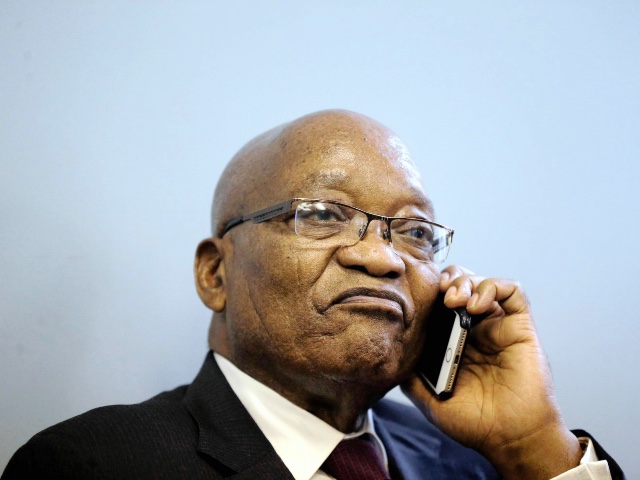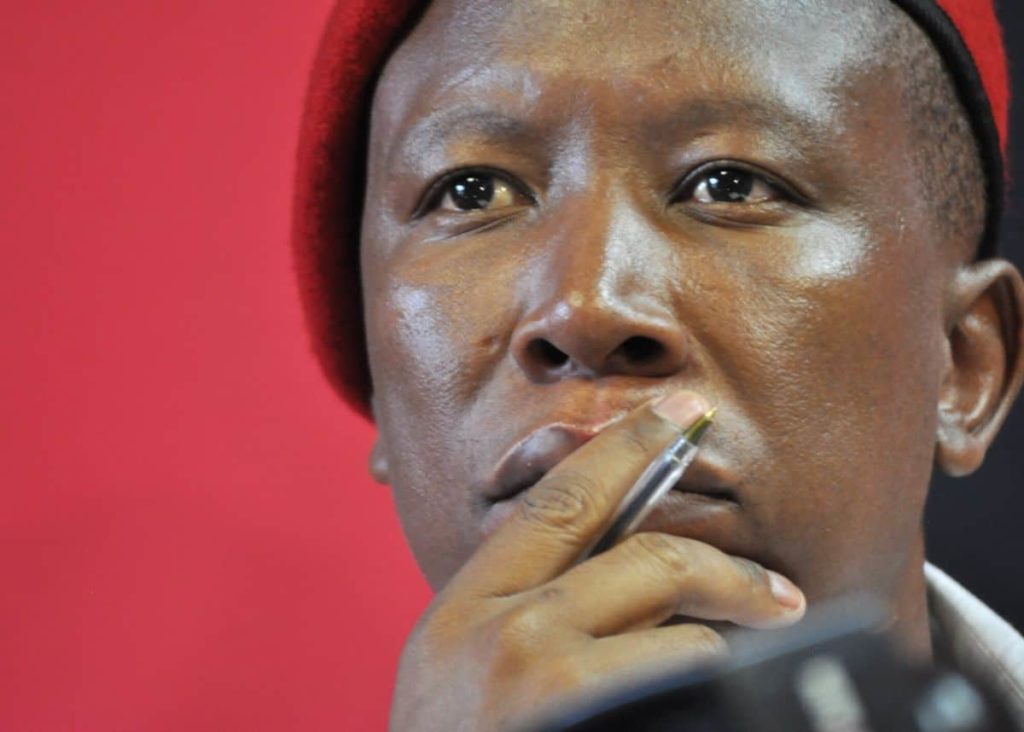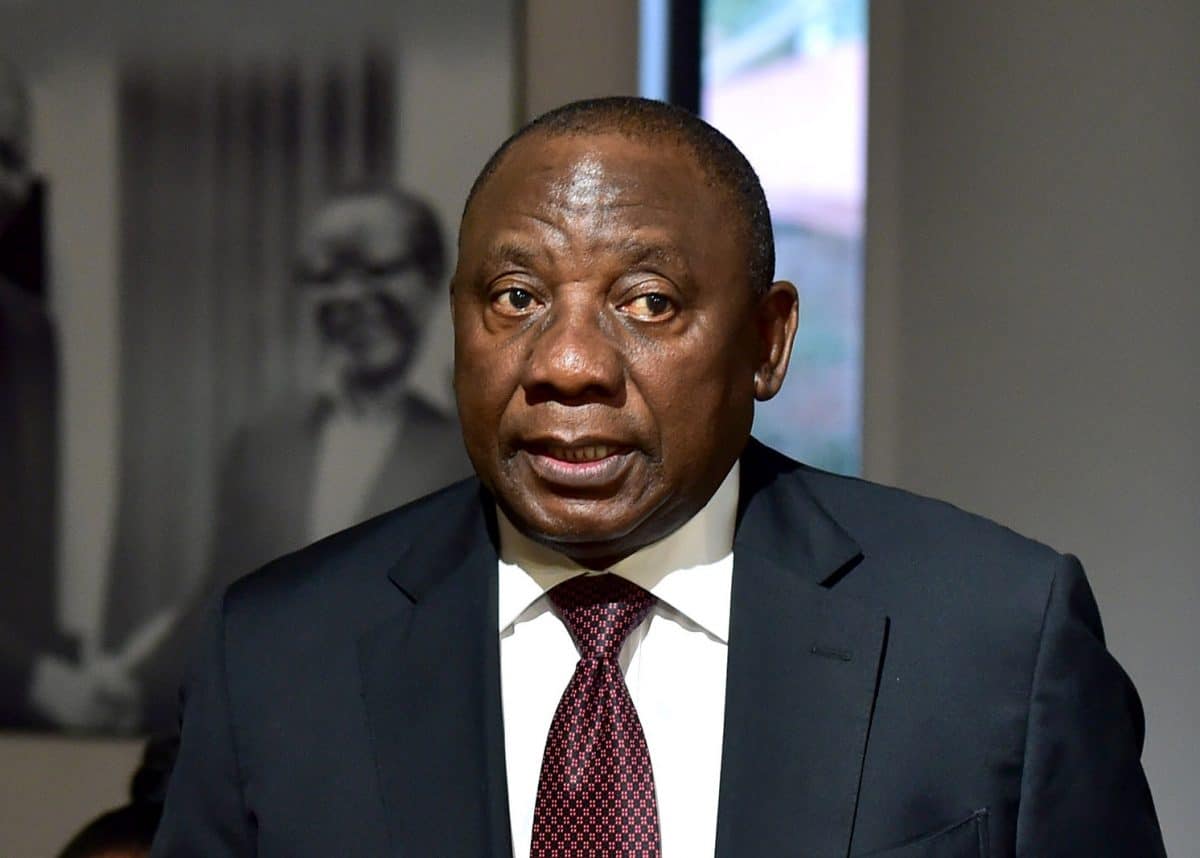FORMER South African president Jacob Zuma’s uMkhonto weSizwe (MK) Party was last night poised to deal the governing African National Congress (ANC) a mortal blow in the neighbouring country’s just-ended elections.
Analysts said if the final results of the polls confirmed the loss of the ANC’s majority, it would be forced to make a deal with one or more other parties to remain in government — a situation that they feared could lead to political volatility in the country in the coming weeks and months.
With just about 40 percent of votes counted and declared when the Daily News went to press last night, virtually all projections pointed to the ANC losing its parliamentary majority — a disastrous result for President Cyril Ramaphosa, whose hold on power will likely become increasingly tenuous going forward.
The final results of Wednesday’s vote could thus now bring the biggest political shift in South Africa’s young democracy when these are confirmed, with the Independent Electoral Commission (IEC) saying yesterday that they would be delivered by Sunday, although they could also come earlier.
But the respected Council for Scientific and Industrial Research (CSIR) was projecting that the ANC’s final vote would be around 43 percent — down from the 57 percent it obtained in the 2019 election. The results so far also showed that the ANC was suffering heavy losses to MK, especially in KwaZulu-Natal where Zuma’s party was leading with 43 percent of the vote to the ANC’s 21 percent.
At the same time, analyst William Gumede, the founder of democracy capacity building organisation, the Democracy Works Foundation, added that if ANC got “in the lower 40 percent, it will have to think of a coalition either with the EFF and the MK”.

“It will almost be like an old ANC, because the EFF and MK leaders were former ANC members. That type of coalition can be very tough for the ANC because MK and Jacob Zuma will demand two things: Ramaphosa must go as president for him to be part of a coalition and for Zuma to get a presidential pardon so that all of his corruption cases are taken away.
The EFF wants the deputy presidency and the Finance ministry. So these are very tough and humiliating conditions for the ANC. “The second one they could consider is to go into a coalition with the Multi-Party Charter (MPC) that includes the DA, IFP and FF Plus, that is almost a grand coalition or like a government of national unity. So that’s what the ANC will have to think of.
But if the ANC falls below 40 percent, the MPC members could consider a coalition with other parties,” Gumede added. Zuma, the former ANC leader, caused a major shock when he announced in December last year that he was ditching the governing party to campaign for MK.
KwaZulu-Natal, the home region of Zuma, is the province with the second-highest number of votes in SA, making it crucial in determining whether the ANC will retain its parliamentary majority. If the MK wins KwaZulu-Natal, it would be a major upset and also herald the “potential decimation” of the ANC in the key province, Gumede said.
The ANC also risked losing its majority in the economic heartland of Gauteng, where the party currently had 36percent to the DA’s 29 percent. Wednesday’s election saw long lines of voters outside polling stations late into the night across the country. The key issues for voters were widespread corruption in government, high levels of unemployment and rampant crime. One electoral official in Johannesburg said the queues were reminiscent of the historic 1994 election, when black people were able to vote for the first time. Sifiso Buthelezi, who voted in Johannesburg’s Joubert Park — the biggest polling station in South Africa — told the BBC: “Freedom is great but we need to tackle corruption”.
Change had been a recurring sentiment during the run-up to the polls, especially among young voters. Ayanda Hlekwane, one of South Africa’s “born-free” generation — meaning that he was born after 1994 — said despite having three degrees, he still didn’t have a job. “I’m working on my PhD proposal so that I go back to study in case I don’t get a job,” he told the BBC in Durban.
A record 70 parties and 11 independents were running in the polls, with South Africans voting for a new parliament and nine provincial legislatures. Analysts said this showed that many people were disillusioned with the ANC. “We are entering the next phase of our democracy, and it is going to be a big transition,” political analyst Richard Calland said.

“We will either become a more competitive and mature democracy, or our politics will become more fractured,” he added. Meanwhile, South Africa’s main opposition party, the Democratic Alliance (DA), has signed a pact with 10 other parties, agreeing to form a coalition government if they get enough votes to dislodge the ANC from power.
But this looked highly unlikely yesterday, with the ANC expected to remain the biggest party, and putting it in pole position to lead a coalition if its support dropped below 50 percent as expected. South Africans do not directly vote for a president. Instead they vote for members of parliament who will then go on to elect the president.
This is what could see Ramaphosa remaining in power. More than 27 million people were registered to cast their ballots, including a high percentage of young voters, who could prove decisive. Artist Njabulo Hlophe, 28, said young people in South Africa tended to get marginalised but, “this is as much our country as our parents … they are leaving it to us.
So, someone that really cares about the young people is someone I’m really looking at”. As expected, support for the ANC was expected to be higher among the older generation. One 89-year-old woman, Elayne Dykman, told the BBC in Durban that she hoped that young people in South Africa would not take their vote for granted.
News24’s election model suggested that the ANC had lost 15,2 percentage points nationally, from the 57,5 percent it secured in 2019. The model, which calculated party support based purely on the national ballot, put the ANC at a projected number of 42,3 percent.
The MK Party also looked set to replace the EFF as the country’s third largest party. Zuma’s daughter, Duduzile Zuma-Sambudla, ruled out a coalition with the ANC, even as the MK Party was poised to be a kingmaker in KwaZulu-Natal. She said her father had indicated that he was open to working with “progressive black parties” — adding that this did not include the ANC as currently led by Ramaphosa. Asked whether the MK Party would work with the EFF, she said it was “a possibility”.
Zuma-Sambudla also said the MK Party was not surprised at its impressive electoral performance just six months after her father announced that he would be fronting it. “It’s something we have been working toward. We are not shocked,” she said. — with the BBC & News24.









